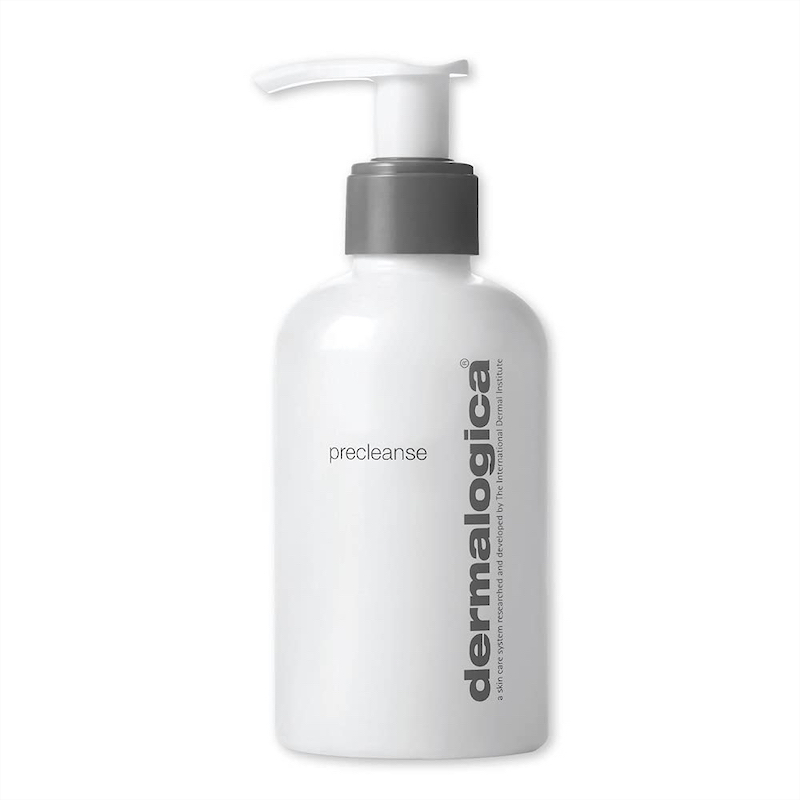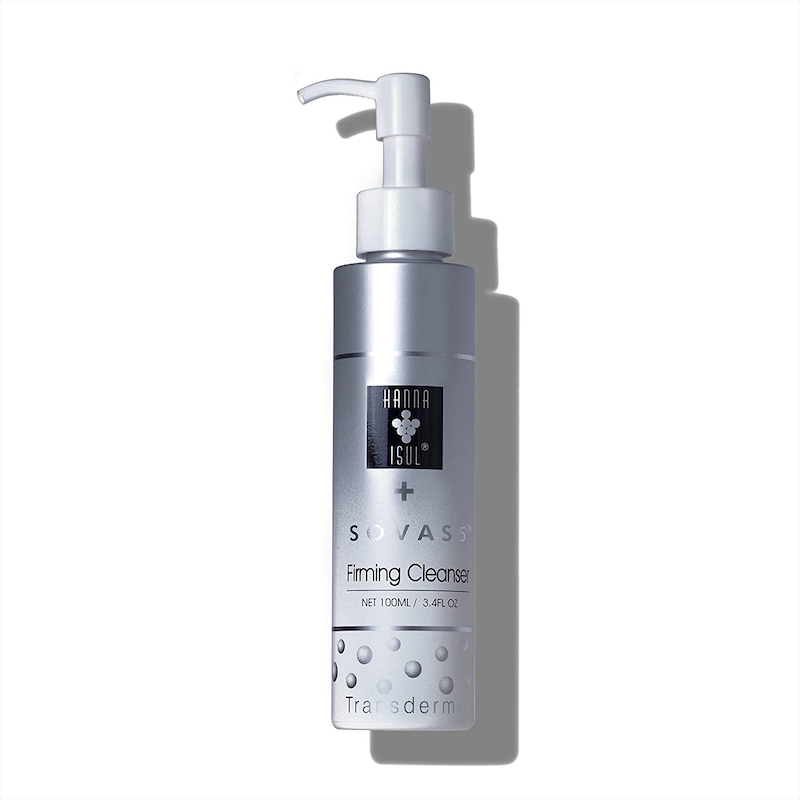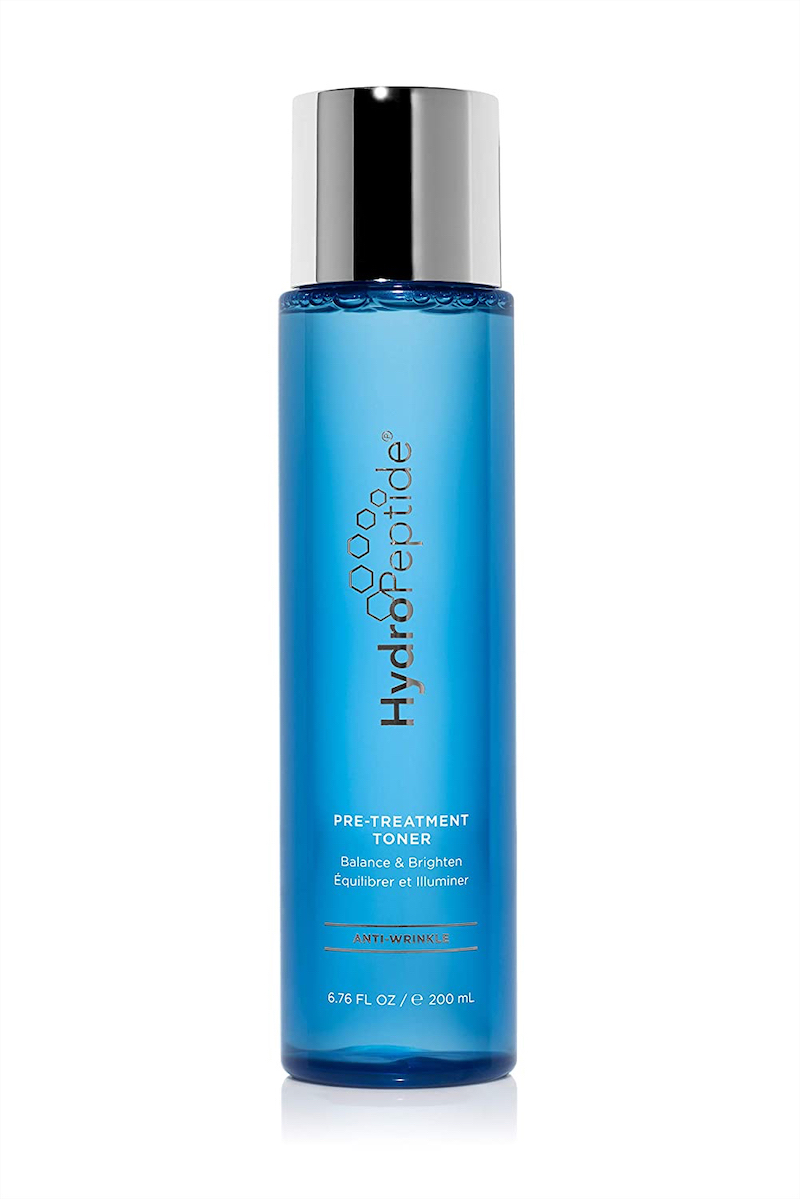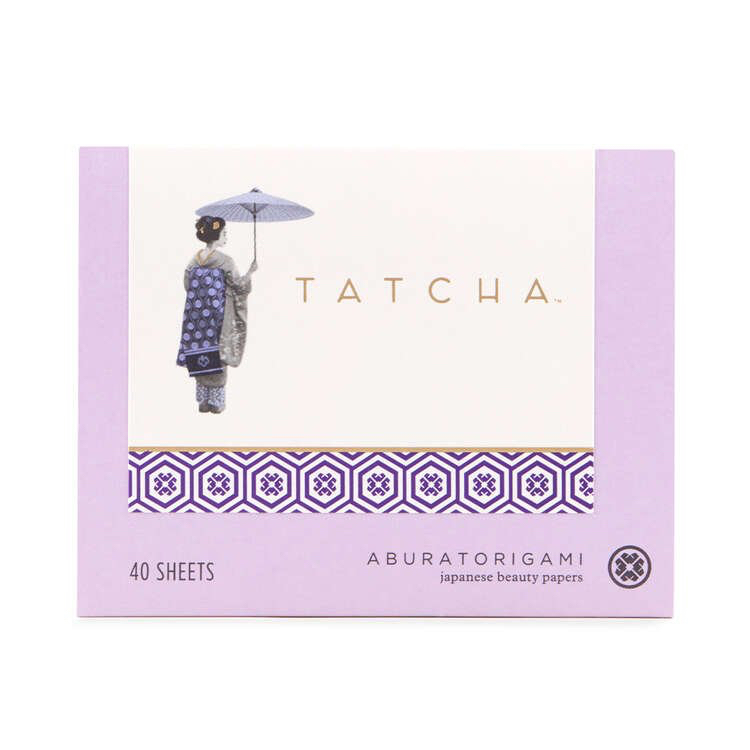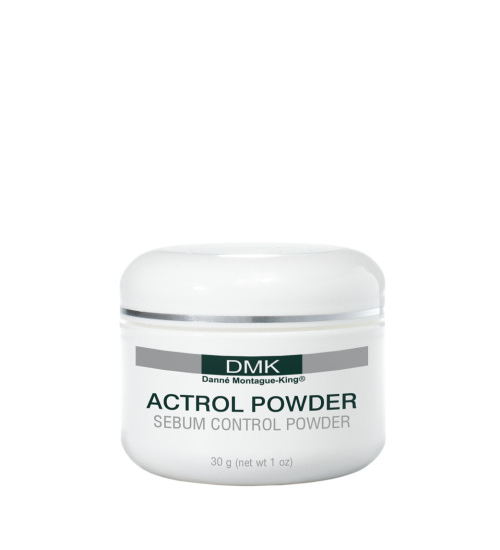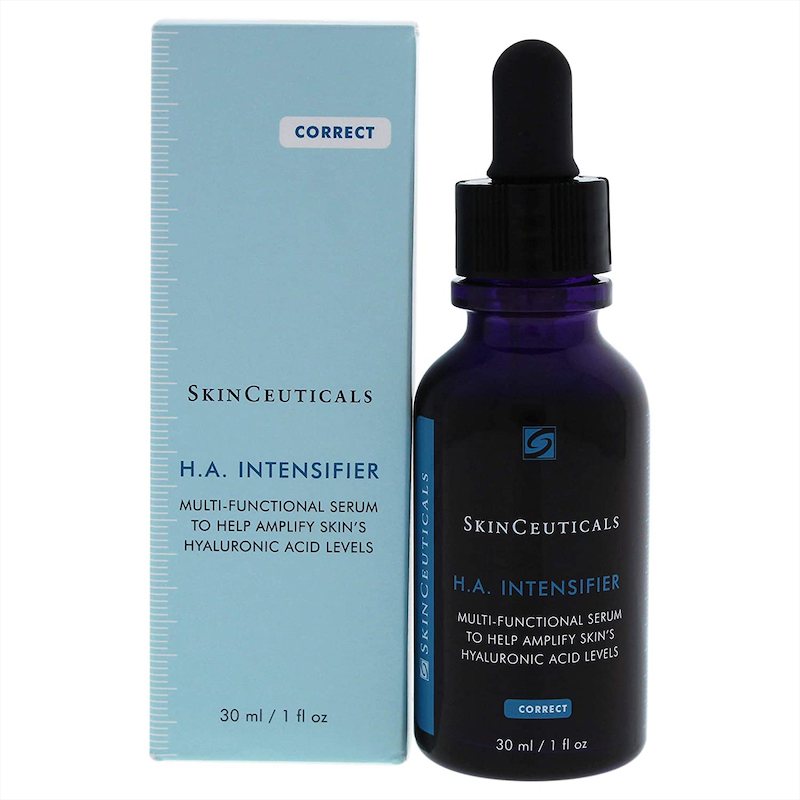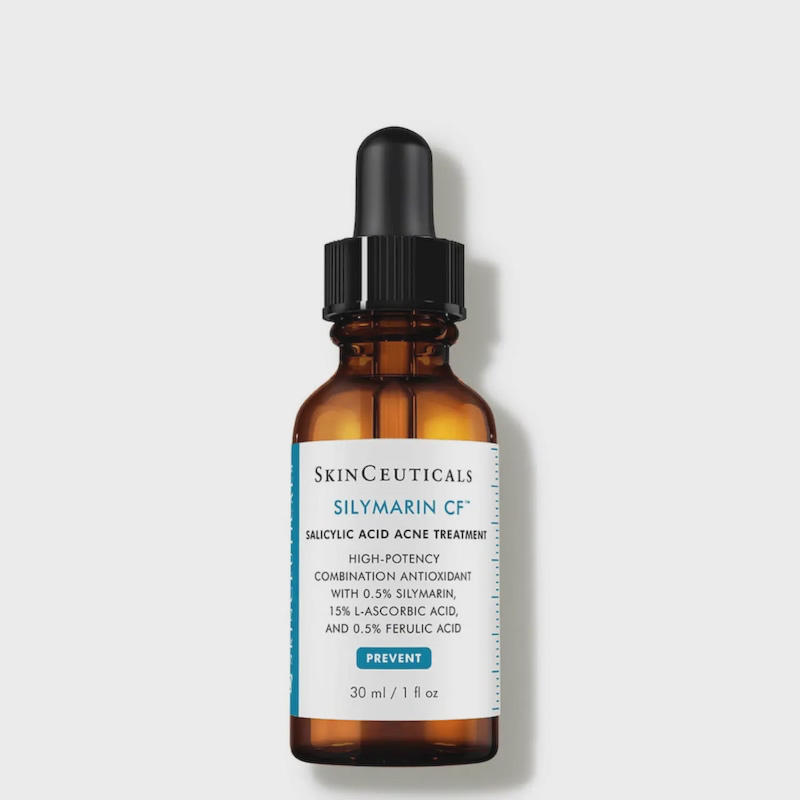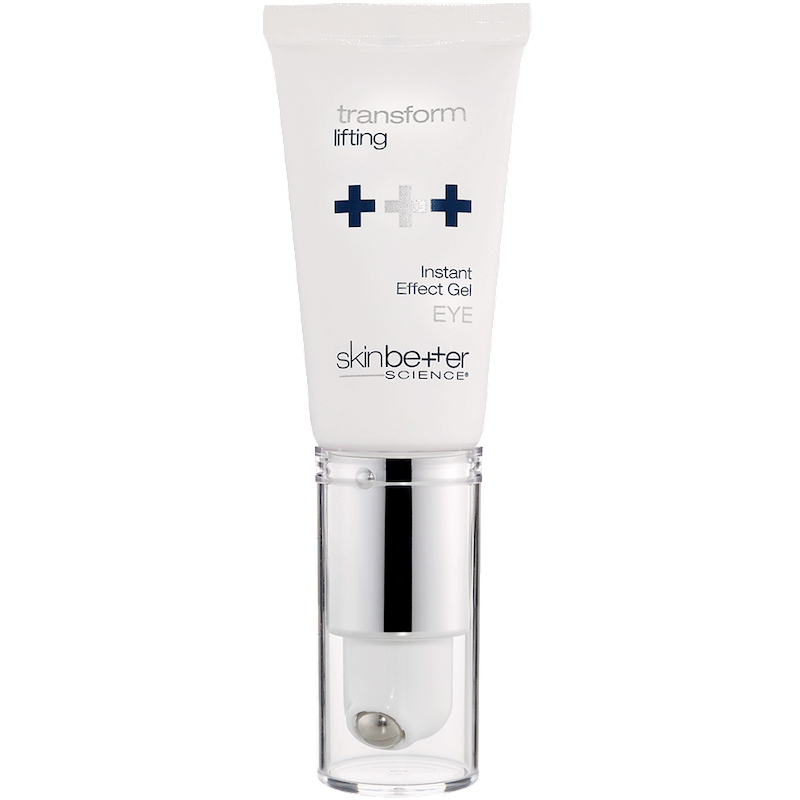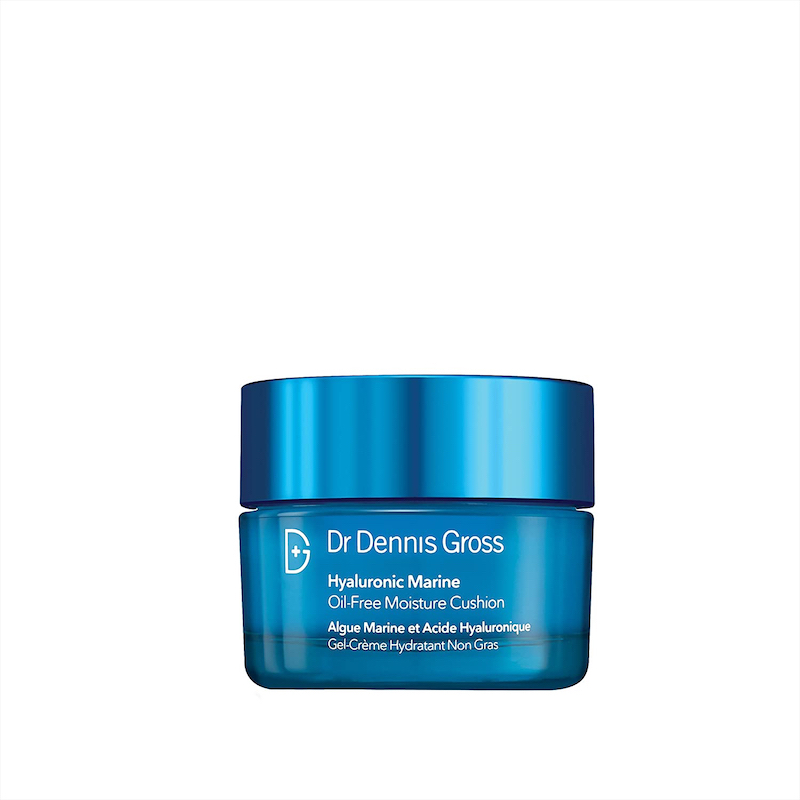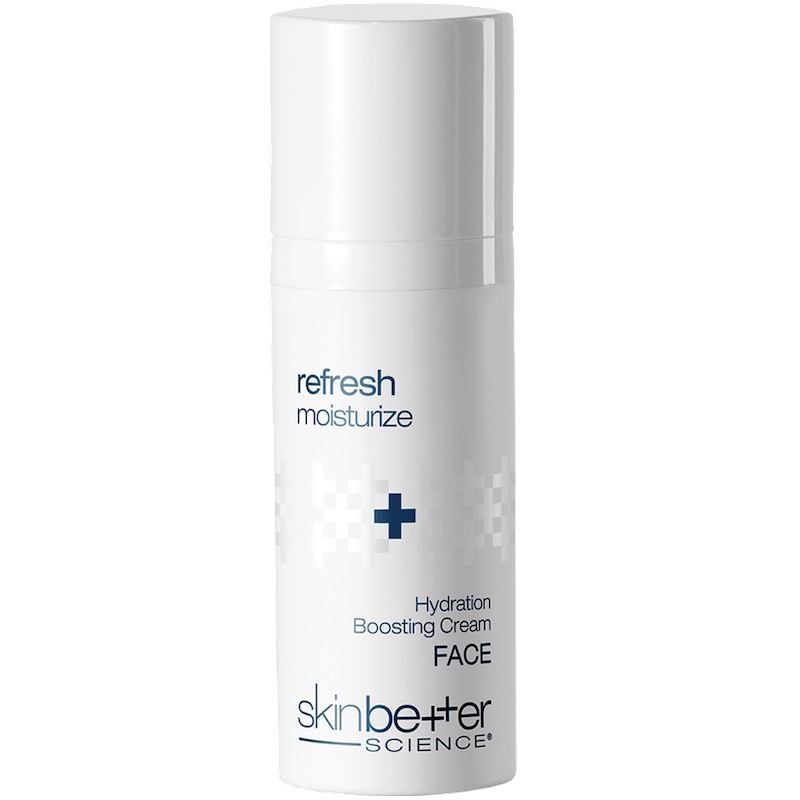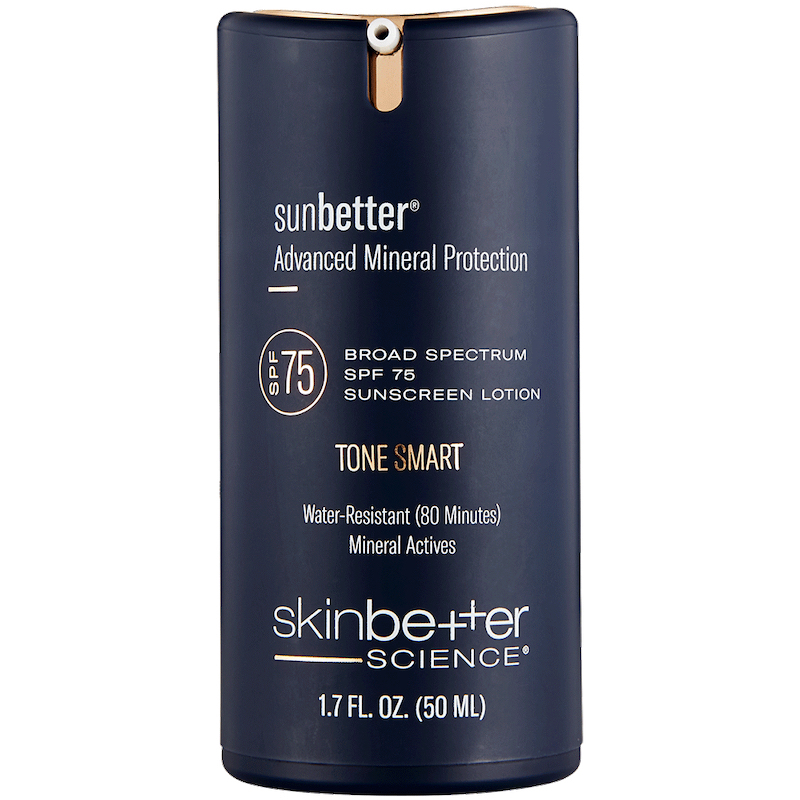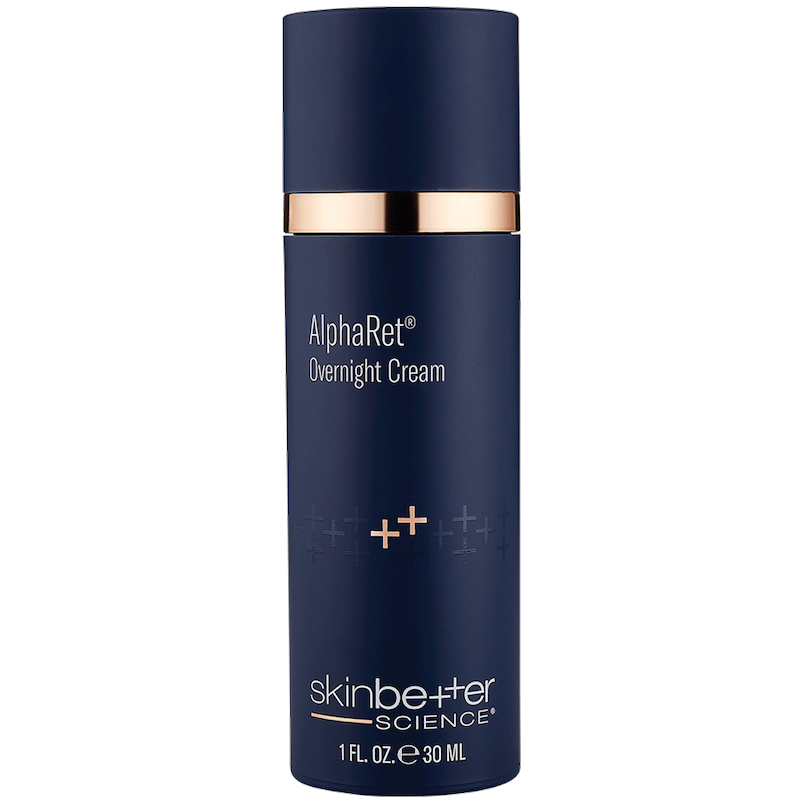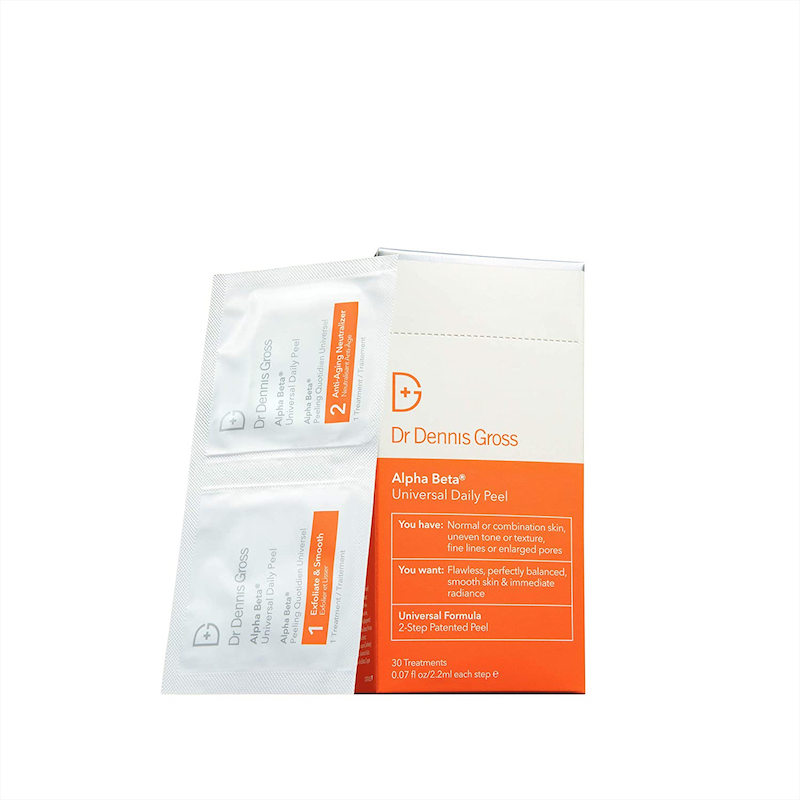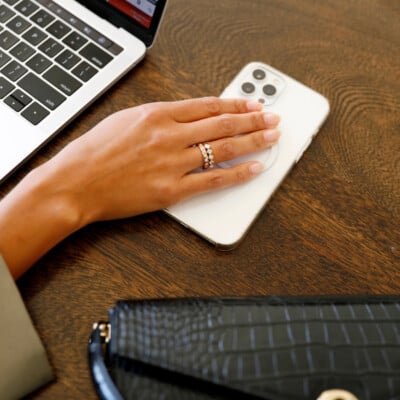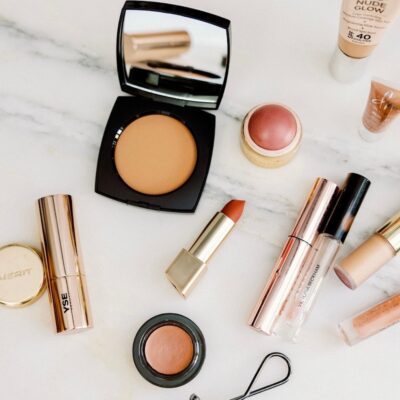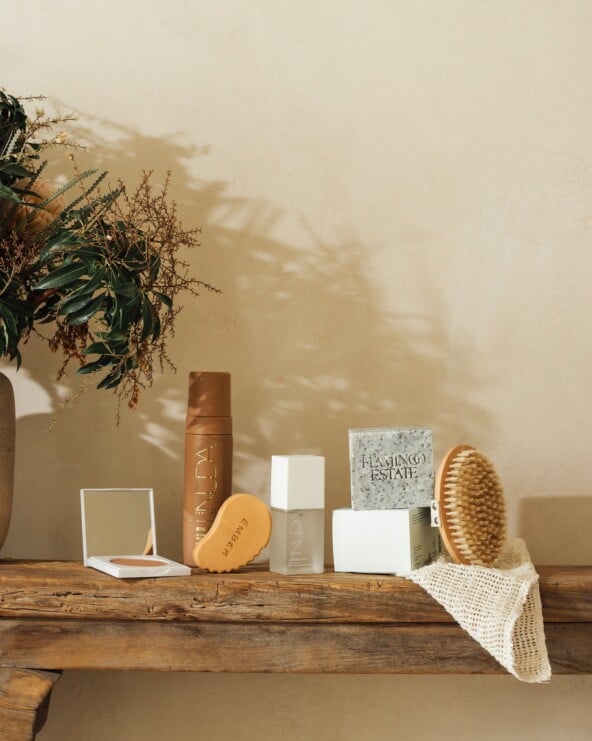In our pursuit of a healthy glow, we’ve become all too familiar with the distinction between a dewy complexion and a greasy shine. After all, when Hailey Bieber said she wants her face to feel like a glazed donut, she’s not relying on an oily T-zone to achieve that sugary finish. The trouble with trying to tame oily skin, however, is that things can quickly start to feel out of your control. Cleanse too harshly, and your skin might overcompensate with oil, but going too heavy on the moisturizer can clog your pores—it’s like a not-so-fun science experiment on your face. So, we called in a professional to guide us through exactly how to make skin less oily.
First, it’s helpful to understand what exactly causes oily skin. Prompted by a mix of genetics, age (skin tends to produce less oil as we get older), or an unbalanced skincare routine, our sebaceous glands—which are constantly producing some natural oil (or sebum) to keep skin hydrated—can overdo it. On the diet front, foods that have a high-glycemic index (like white bread, refined sugars, fried foods, cereal, and dried fruit) can cause inflammation which triggers sebum production. That excess oil can mix with dead skin cells and become trapped in our pores, which leads to breakouts and perpetual shine.
Natalie Burt, lead aesthetician at House of Preservation in Dallas, actually deals with overactive sebaceous glands skin herself, and though it can be a pain, an oilier complexion isn’t without its benefits. “Having oily skin is a gift because we tend to show signs of fine lines and wrinkles far slower than other skin types,” she shares.
Nailing the right skincare routine is often the key to keeping oily skin in check and harnessing the power of a sebum-induced shine. We asked Burt to share the ingredients to look for (and avoid), her rule of thumb for exfoliating, and the products she swears by—including blotting papers, of course—to ensure the only shine on her face is a strategically applied highlighter.
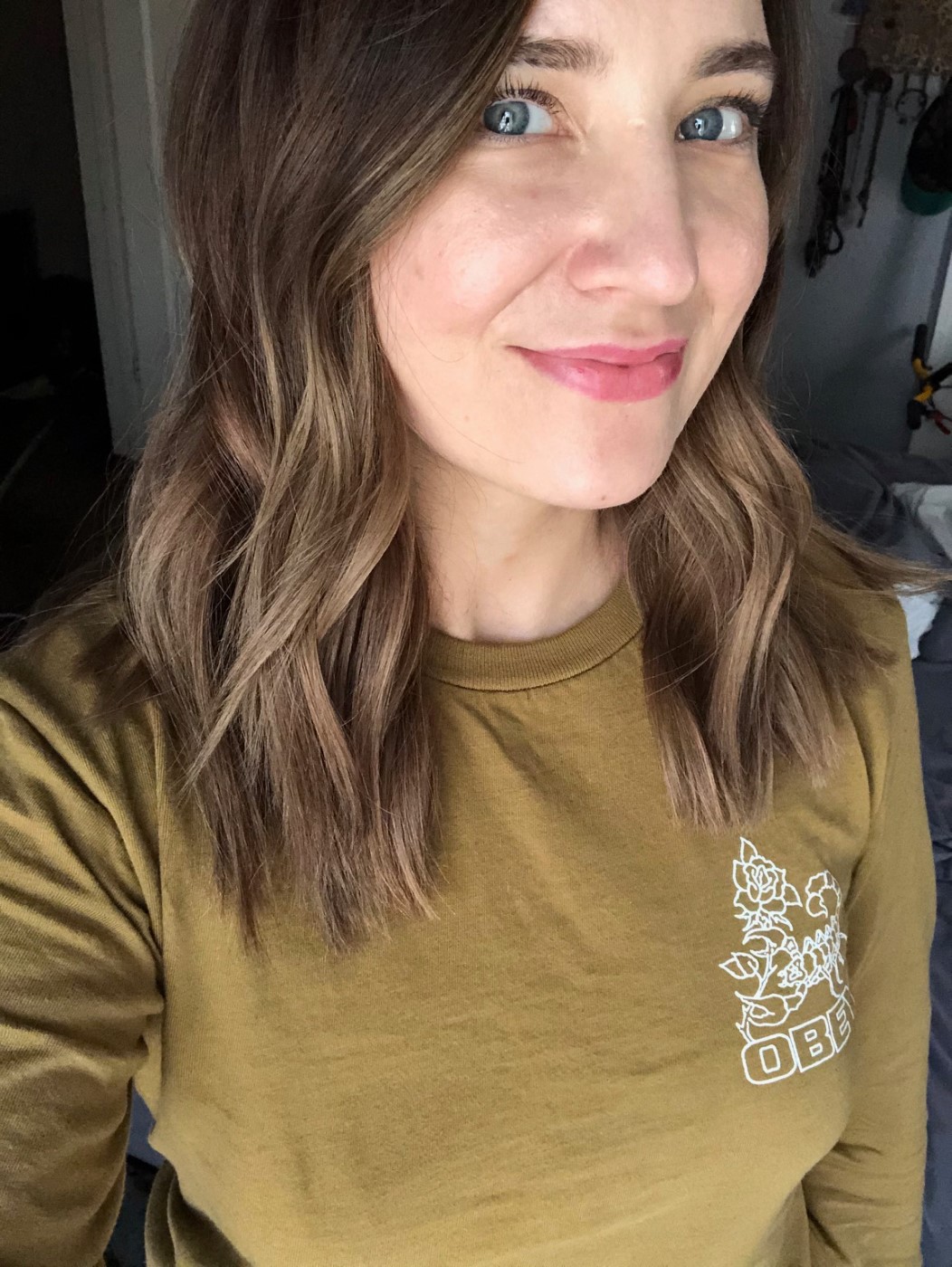

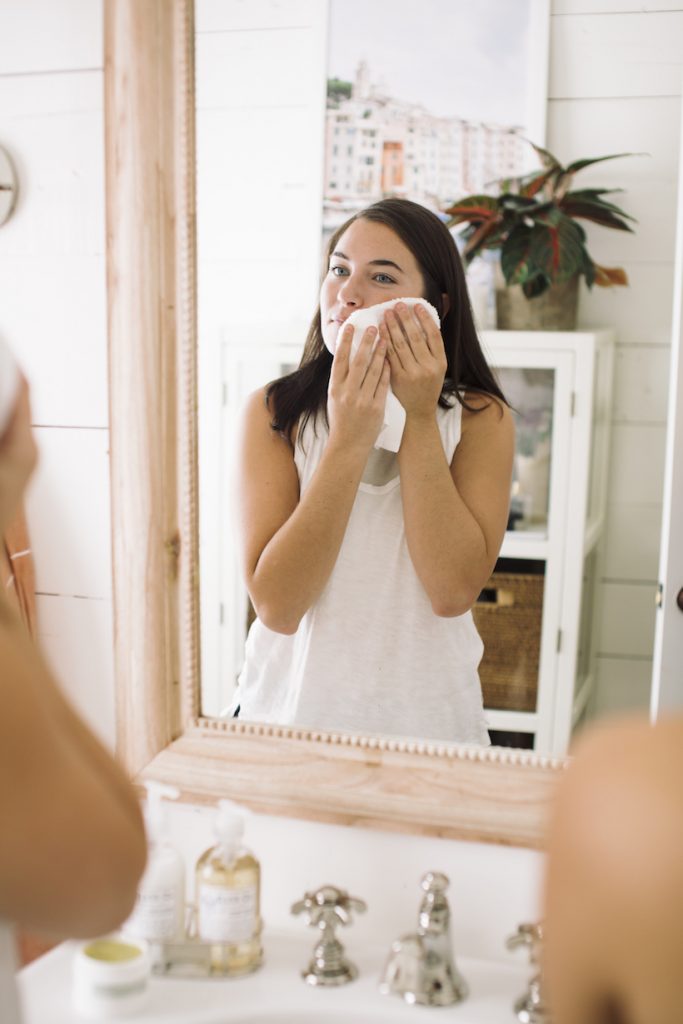
The Best Ingredients for Balancing Oily Skin
In the saturated world of skincare, being armed with a list of proven ingredients is a comforting way to navigate the buzzwords and pretty packaging. If oily skin is your concern, Burt suggests incorporating the following ingredients where you can.
- Salicylic and glycolic acids. Both of these hardworking acids help accelerate cell turnover and prevent breakouts.
- Niacinamide. A form of vitamin B-3, the ingredient helps regulate oil production and naturally reduces pore size over time. Burt advises choosing niacinamide products that are lower in water and higher in active ingredients.
- Hyaluronic acid. This plumping hero and its moisture-binding properties pull water into the skin to keep it hydrated without the help of pore-clogging oils.
- Retinol. Honestly, what can’t retinol do? In the case of oily skin, the ingredient is a game changer for curbing sebum production and preventing fine lines or clogged pores. If you’re new to retinol, be sure to add the potent product into your routine slowly, increasing use over time.
When shopping for sunscreen, look for keywords such as “sheer,” “matte,” and “oil-free,” but never skimp on SPF. UV rays are one of the main culprits when it comes to dehydrating the skin, which leads to an overproduction of oil.
What Ingredients Should You Avoid?
While terms like “oil-free” and “non-comedogenic” are your friends when it comes to battling shine, alcohol-based products, fragrances, and harsh scrubs are best avoided. Burt also recommends watching out for natural oils with high oleic acid content (like coconut, mineral, or sunflower oil). “They sit on top of the surface of the skin creating clogged pores,” she explains.

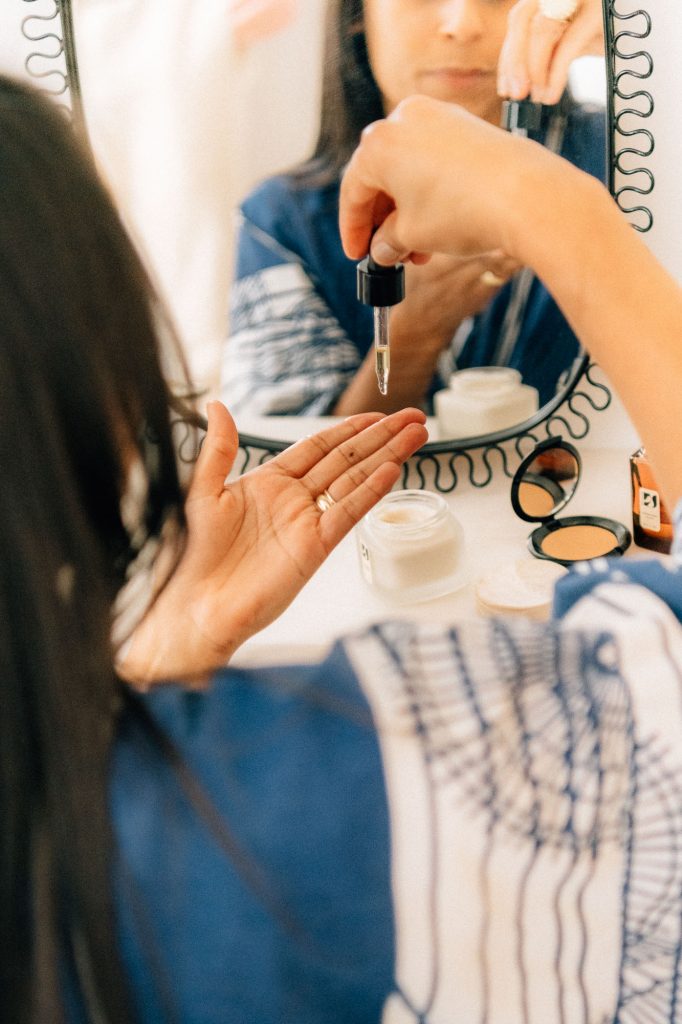
Exfoliating With Oily Skin
Anyone who’s dealt with oily skin has probably also faced the age-old conundrum: how much is too much when it comes to exfoliating?
“I typically advise my clients to exfoliate three to four days a week, spreading it out a bit,” Burt says. “If you’re using a retinol, I like to alternate days with chemical exfoliants, like glycolic or salicylic acids. Over exfoliating can compromise your skin barrier causing irritation, inflammation, and dehydration, so it’s best to start slow and gradually build up use. With time and consistent use, I do suggest increasing the use of retinol for your primary exfoliants if the skin can tolerate it.”

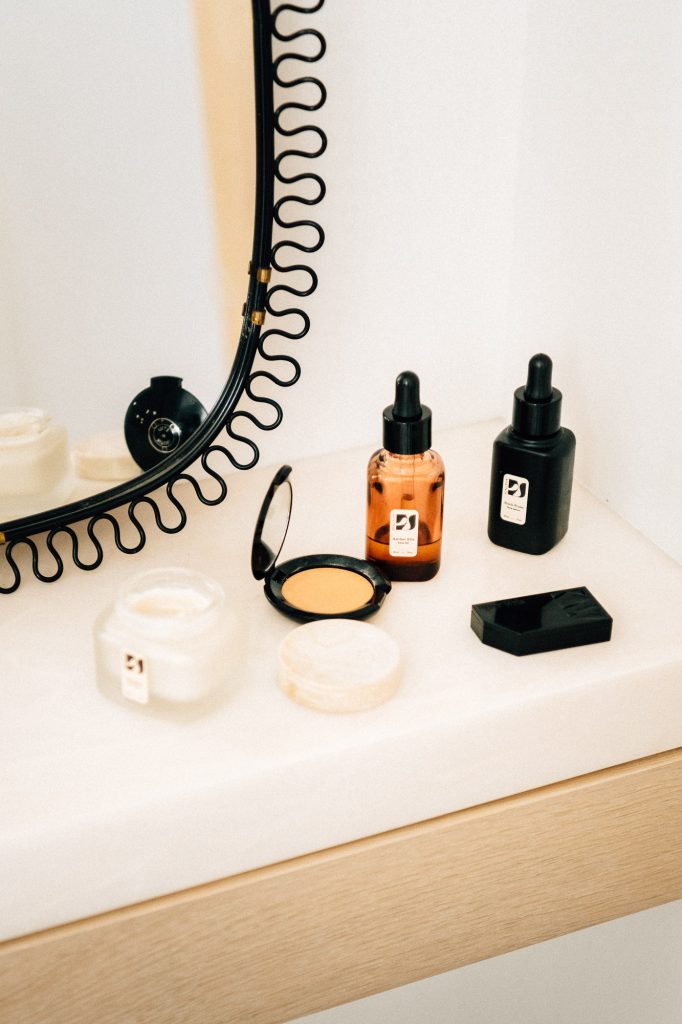
The Best Products for an Oily Skincare Routine
A trusty lineup of double cleansing, gentle exfoliation, and hydrating ingredients can help keep excess sebum at bay. Burt walks us through the products she swears by for glowy skin without the unwelcome shine.
The Best Cleansers for Oily Skin: Precleanse from Dermalogica
A double cleanse can be key for balance. “This step ensures the face is clean so your skin is actually receiving the benefits of your second cleanser,” Burt explains.
The Best Cleansers for Oily Skin: Hanna Isul SOVAS-5 Firming Cleanser
Burt loves this cleanser specifically for oily skin. She suggests applying it to damp skin and letting it sit for one minute before working it into the face and rinsing for ultimate glowy results.
Best Toner for Oily Skin: HydroPeptide Pre-Treatment Toner
Burt recommends this super gentle toner, featuring lactic acid, for brightness and balance.
Best Blotting Tool: Tatcha Aburatorigami Beauty Papers
A personal favorite of Burt’s, these biodegradable blogging papers absorb oil without messing with your makeup. Press them onto the skin for a few seconds (don’t rub) for instant relief.
Danné Montague-King Actrol Powder
Relatively new to consumers, Actrol Powder is created specifically to absorb excess oil and shine without dehydrating the skin. Burt says it can be applied under or over makeup, though it has to be purchased through an affiliated spa that carries Danné Montague-King’s line.
Best Serums for Oily Skin: SkinCeuticals Correct H.A. Intensifier Serum
Formulated to boost the skin’s hyaluronic acid levels, this serum is one of Burt’s favorites for adding moisture without clogging the skin.
Best Serums for Oily Skin: SkinCeuticals Silymarin CF
Another SkinCeuticals favorite of Burt’s (and so many derms), this vitamin C serum, featuring salicylic acid, is formulated specifically for oily skin. Work it into your AM routine to help fortify your face for the day.
Best Eye Creams for Oily Skin: HydroPeptide Eye Authority
Burt loves this lightweight eye cream for both day and night. Packed with peptides and crushed pearl, the product smooths and leaves a subtle iridescence.
Best Eye Creams for Oily Skin: SkinBetter Science Instant Effect Gel Eye
A personal favorite of Burt’s, the lightweight cooling gel comes with a cold roller tip. Pop it in the fridge for an extra boost in the morning.
Best Moisturizers for Oily Skin: Dr. Dennis Gross Hyaluronic Marine Oil-Free Moisture Cushion
Burt loves this creamy moisturizer, featuring Japanese marine algae, for rich hydration that doesn’t leave skin feeling greasy.
Dr. Dennis Gross Hyaluronic Marine Oil-Free Moisture Cushion, $59.11
Best Moisturizers for Oily Skin: SkinBetter Science Hydration Boosting Cream
The oil-free option is super lightweight and a great daytime option, according to Burt.
The Best Sunscreen for Oily Skin: Skinbetter Sunbetter
This sheer formula is Burt’s current number-one pick when it comes to sunscreen, an important product for fighting skin dehydration. With a slight tint, it offers a bit of coverage and has a blurring effect on the pores.
“You can also get this product in a compact form which has made reapplying during the day a dream,” Burt adds.
Best Exfoliants for Oily Skin: Skinbetter Science AlphaRet Overnight Cream
For those nervous about incorporating retinol into their routine, Burt recommends this cream, which blends retinoids with mild alpha hydroxyl acids to deliver results with little-to-no irritation.
Best Exfoliants for Oily Skin: Dr. Dennis Gross Alpha Beta Universal Daily Peel
Burt uses these powerful pre-dosed pads on the nights she skips retinol to help keep shine at bay.


Rethinking the Oily Skin Stigma
We’re conditioned to think of oily skin as, well, greasy and gross. But as Burt mentioned above, producing a little extra sebum should be seen as a blessing, not a reason to feel embarrassed. Sure, excess oil might prompt a few more breakouts, but sebum helps create a protective coating across our skin. Oilier skin also tends to be thicker and more resilient against wrinkles and fine lines.
The key is to find a balance—perfect your routine (and be mindful of your diet) to keep excess oil at bay while maintaining your face’s natural moisture for a healthy, dewy glow.


